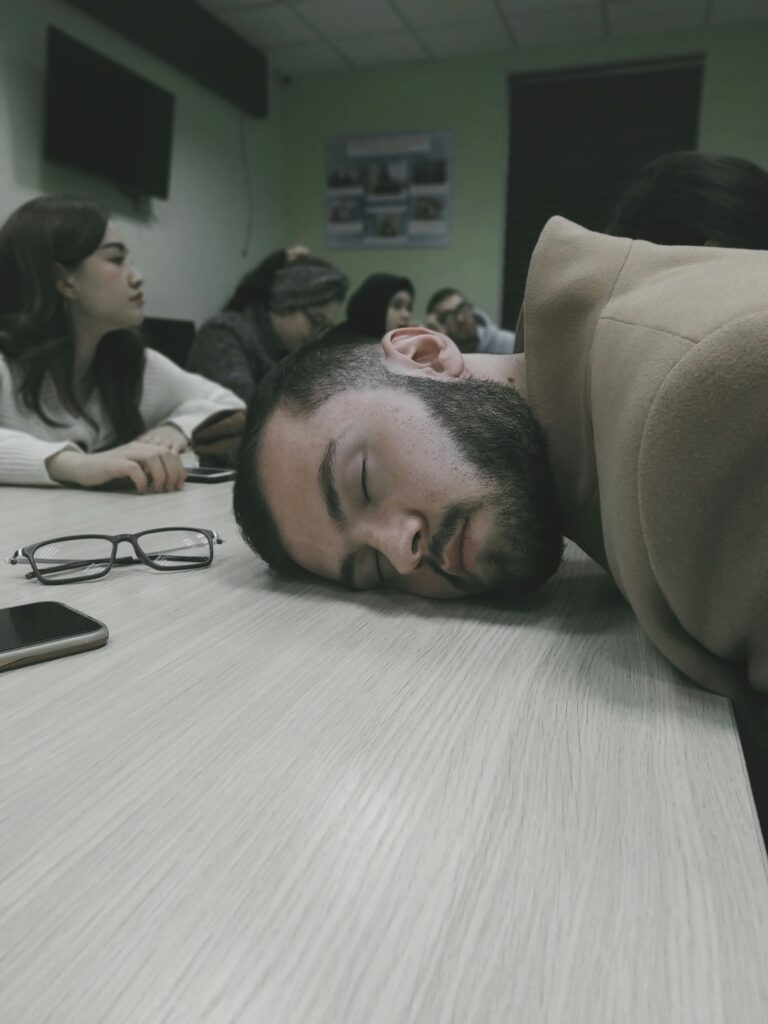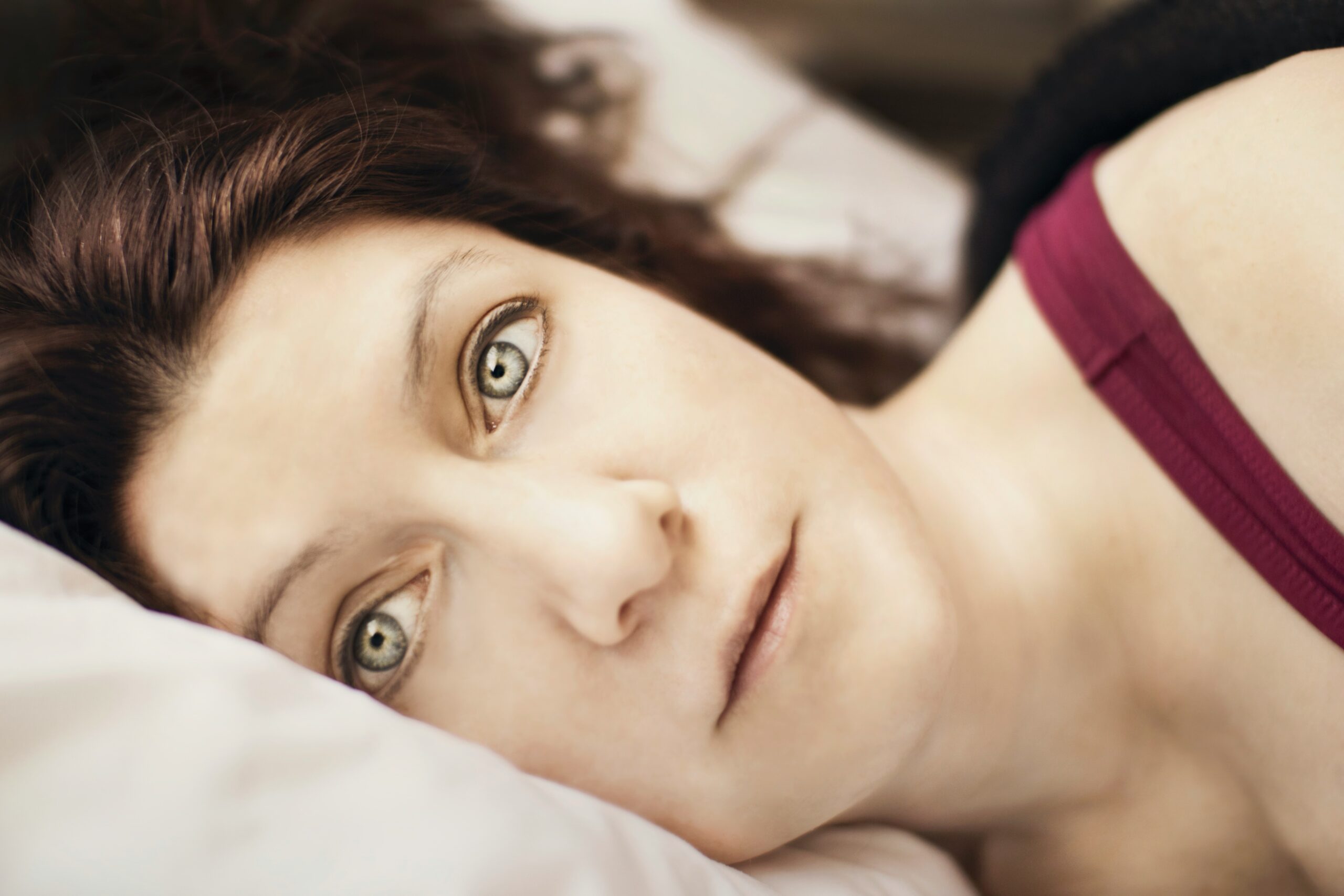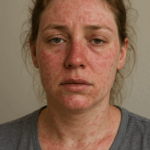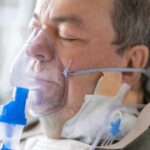Many people struggle with sleeping disorders such as Insomnia & Sleep Apnea.
Every night is a new chance to rest—your journey to better sleep begins today.
At askdoctor.ai, this content was created to equip you with knowledge, treatment options, and real-life stories from those who have been on this journey. Our mission is not just to inform, but to uplift—offering hope, encouragement, and practical guidance to help you navigate and overcome sleep disorders such as sleep apnea & insomnia. You are never alone. With understanding, support, and the right tools, you can regain restful nights and brighter days. A better, healthier future is within reach, and we’re here to support you with knowledge and hope.
What are Sleep Disorders: Insomnia and Sleep Apnea
Sleep disorders affect millions of people worldwide, disrupting rest and overall well-being. Two of the most common sleep disorders are insomnia and sleep apnea, each presenting unique challenges.
Insomnia is the persistent difficulty in falling asleep, staying asleep, or getting quality rest. It can be triggered by stress, anxiety, lifestyle factors, or medical conditions, often leading to daytime fatigue, irritability, and poor concentration.
On the other hand, sleep apnea is a serious condition where breathing repeatedly stops and starts during sleep. The most common type, obstructive sleep apnea (OSA), occurs when throat muscles relax and block the airway, causing loud snoring, gasping for air, and poor sleep quality.
Both conditions, if left untreated, can lead to severe health risks, including heart disease, high blood pressure, and mental health struggles. Recognizing the symptoms and seeking proper treatment can help restore restful sleep and improve overall health.
We will discuss both insomnia and sleep apnea conditions one by one and their consequences on daily life.
What is Insomnia: How it Works
The Science of Insomnia: Why Your Brain Can’t Shut Down
Insomnia is a prevalent sleep disorder characterized by persistent difficulties in falling, staying, or achieving restorative sleep, even when adequate rest opportunities are available. This condition can lead to daytime impairments such as fatigue, mood disturbances, and cognitive deficits.
Symptoms of Insomnia
Insomnia is characterized by various symptoms that affect both nighttime sleep and daytime functioning. Common symptoms include:
Nighttime Symptoms:
- Difficulty falling asleep despite feeling tired
- Waking up frequently during the night
- Trouble returning to sleep after waking up
- Waking up too early and being unable to go back to sleep
- Poor sleep quality, feeling restless or light sleep
Daytime Symptoms:
- Fatigue or low energy throughout the day
- Difficulty concentrating or memory problems
- Mood disturbances such as irritability, anxiety, or depression
- Decreased performance at work or school
- Increased risk of accidents due to drowsiness
Causes of Insomnia
Before discussing the causes of insomnia, it is important to understand that sleep is a vital function for overall health and well-being. Insomnia is not just about difficulty sleeping—it can significantly impact daily life, leading to fatigue, difficulty concentrating, and emotional distress. The causes of insomnia vary from person to person and can be influenced by psychological, medical, and lifestyle factors. Identifying the root cause is essential for effective treatment and long-term sleep improvement.
1. Psychological Causes
- Stress – Work pressure, financial worries, or personal issues can keep the mind active at night.
- Anxiety & Depression – Mental health conditions can lead to racing thoughts and disrupted sleep patterns.
- Trauma & PTSD – Past traumatic experiences may cause sleep disturbances and nightmares.
2. Medical Conditions
- Chronic Pain – Conditions like arthritis, migraines, or back pain can make sleeping uncomfortable.
- Heart & Lung Diseases – Asthma, heart disease, and sleep apnea can interfere with breathing and sleep.
- Neurological Disorders – Parkinson’s disease and Alzheimer’s can affect sleep regulation.
3. Lifestyle Factors
- Caffeine & Alcohol Consumption – Stimulants and alcohol disrupt sleep quality.
- Irregular Sleep Schedule – Shift work or frequent travel can disturb the body’s circadian rhythm.
- Excessive Screen Time – Blue light from devices can reduce melatonin production
Treatment of Insomnia
it is important to remember that sleep difficulties are not permanent, and effective solutions exist. Many people struggling with insomnia find relief through simple lifestyle changes, therapy, or medical support. With the right approach, it is possible to restore healthy sleep patterns and improve overall well-being.
1. Cognitive and Behavioral Therapies
- Cognitive Behavioral Therapy for Insomnia (CBT-I) – A first-line treatment that helps change negative thoughts and behaviors related to sleep.
- Relaxation Techniques – Meditation, deep breathing, and progressive muscle relaxation can promote sleep.
- Sleep Restriction Therapy – Limits time in bed to improve sleep efficiency over time.
2. Lifestyle and Home Remedies
- Maintaining a Regular Sleep Schedule – Going to bed and waking up at the same time daily helps regulate the circadian rhythm.
- Limiting Stimulants – Reducing caffeine, nicotine, and alcohol intake improves sleep quality.
- Creating a Sleep-Friendly Environment – A dark, quiet, and cool bedroom enhances restful sleep.
3. Medications and Medical Treatments
- Prescription Sleep Aids – Medications like benzodiazepines and non-benzodiazepine sedatives may be used for short-term relief.
- Melatonin Supplements – Helps regulate sleep cycles, especially for shift workers or travelers.
- Addressing Underlying Conditions – Treating issues such as chronic pain, anxiety, or sleep apnea can improve sleep.
Combining these approaches is often the most effective way to manage insomnia and improve overall sleep health.
What is Sleep Apnea: How it Works
Sleep apnea is a sleep disorder in which breathing repeatedly stops and starts during sleep, leading to poor oxygen intake and disrupted rest. According to Harvard Medical School (2024) and Wikipedia (2024), sleep apnea can be classified into three main types:
- Obstructive Sleep Apnea (OSA) – The most common form, caused by a blockage of the airway, often due to relaxed throat muscles.
- Central Sleep Apnea (CSA) – This occurs when the brain fails to send proper signals to the muscles that control breathing.
- Complex Sleep Apnea Syndrome – A combination of both OSA and CSA.
Untreated sleep apnea can result in excessive daytime sleepiness, high blood pressure, heart disease, and other serious health complications.
Symptoms of Sleep Apnea
Sleep apnea is a sleep disorder characterized by repeated interruptions in breathing during sleep, leading to poor sleep quality and various health issues. Common symptoms include:
- Loud Snoring: Often the most noticeable sign, especially in obstructive sleep apnea.
- Episodes of Breathing Cessation: Witnessed by another person, these are pauses in breathing during sleep.
- Excessive Daytime Sleepiness: Feeling excessively sleepy during the day, even after a full night’s sleep.
- Morning Headaches: Frequent morning headaches can be a symptom of sleep apnea.
- Difficulty Concentrating: Experiencing trouble with concentration or memory.
- Mood Changes: Mood changes such as irritability, anxiety, and depression.
- Restless Sleep: Nighttime restlessness and frequent awakenings.
- Nocturia: Waking up frequently during the night to urinate.
If you or someone you know exhibits these symptoms, it is advisable to consult a healthcare professional for proper evaluation and management.
Causes of Sleep Apnea
Sleep apnea occurs when breathing is repeatedly interrupted during sleep due to blocked airways or irregular brain signals. Several factors contribute to this condition, including obesity, anatomical abnormalities, and lifestyle habits. Here are the causes of sleep apnea:
- Obesity: Excess body weight, particularly around the neck, can narrow the airway and obstruct breathing during sleep.
- Anatomical Factors: Enlarged tonsils, a large tongue, or excessive tissue in the airway can block airflow.
- Age: The risk of sleep apnea increases with age due to changes in sleep patterns and muscle tone.
- Gender: Men are more likely to develop sleep apnea than women.
- Family History: A genetic predisposition can increase the likelihood of developing sleep apnea.
- Use of Alcohol and Sedatives: These substances relax the muscles of the throat, increasing the risk of airway obstruction.
- Smoking: Tobacco use can cause inflammation and fluid retention in the airway, leading to sleep apnea.
- Nasal Congestion: Chronic nasal congestion can contribute to obstructed breathing during sleep.
Identifying these risk factors is crucial for preventing and treating sleep apnea. If you suspect you have sleep apnea, consult a healthcare professional for proper evaluation and management.
Treatment of Sleep Apnea
Sleep apnea is a sleep disorder characterized by repeated interruptions in breathing during sleep, leading to poor sleep quality and various health issues. Effective treatments are available to manage this condition. Here are some common treatment options:
- Continuous Positive Airway Pressure (CPAP) Therapy: A machine delivers a steady stream of air through a mask to keep airways open during sleep. CPAP is considered the gold standard for treating obstructive sleep apnea.
- Lifestyle Modifications: Losing weight, avoiding alcohol, quitting smoking, and sleeping on one’s side can significantly reduce sleep apnea symptoms.
- Oral Appliances: Custom-made devices are worn during sleep to reposition the jaw and tongue, keeping the airway open.
- Surgical Interventions: Procedures such as uvula palate pharynx plasty (UPPP) remove excess tissue from the throat to widen the airway.
- Positional Therapy: Training to avoid sleeping on the back, which can worsen sleep apnea.
- Medication: Recent FDA approval of tripeptide (Zepbound) offers a pharmaceutical option for treating obstructive sleep apnea in adults with obesity.
Consulting with a healthcare professional is essential to determine the most appropriate treatment plan for individual cases of sleep apnea.

Photo by Abdulbosit Melikuziev on Unsplash
Real-life Success Stories to Overcoming Sleep Disorders
No matter where you are in your journey, remember that hope is always within reach. Life has a way of testing us, sometimes pushing us into the darkest corners of our minds, but even in those moments, you are not alone. The challenges you face today in this case insomnia and sleep apnea don’t define your future—they are part of a chapter, not the whole story.
There are countless stories of individuals who have faced sleep apnea and insomnia. But with resilience, courage, and a renewed sense of purpose. Their stories are not just about the struggle, but also about triumph. And your story is still unfolding.
As we explore real-life success stories of overcoming these sleep disorders, remember this: it’s possible. Recovery doesn’t follow a straight line, but with patience, support, and the belief that change is possible, you can move forward one step at a time. These stories are proof that it is not only okay to struggle, but also okay to heal and find peace on the other side.
So, wherever you are right now, know that you can heal. Take one breath at a time, one moment at a time. You are stronger than you think, and brighter days are ahead. Keep going.
Brett`s Success Story of Insomnia
A viewer has completed CBTI and by truly committing is now sleeping very well. A try insomnia success story.
Jay Jackson’s Sleep Apnea Story
Jay was diagnosed with sleep apnea in 2007 but refused to accept his diagnosis. For twelve years, he continued to suffer from restless nights, poor sleep, low energy levels, and high blood pressure. Enough was enough and he finally sought CPAP therapy for relief in 2019. The process was easier than he ever imagined, and now he’s sleeping well and living a better life.
Scott Hines: Sleep Apnea Success Story
References:
Wikipedia about Sleep Disorders
Harvard Health about Sleep Disorder
Harvard Health









Leave a Reply